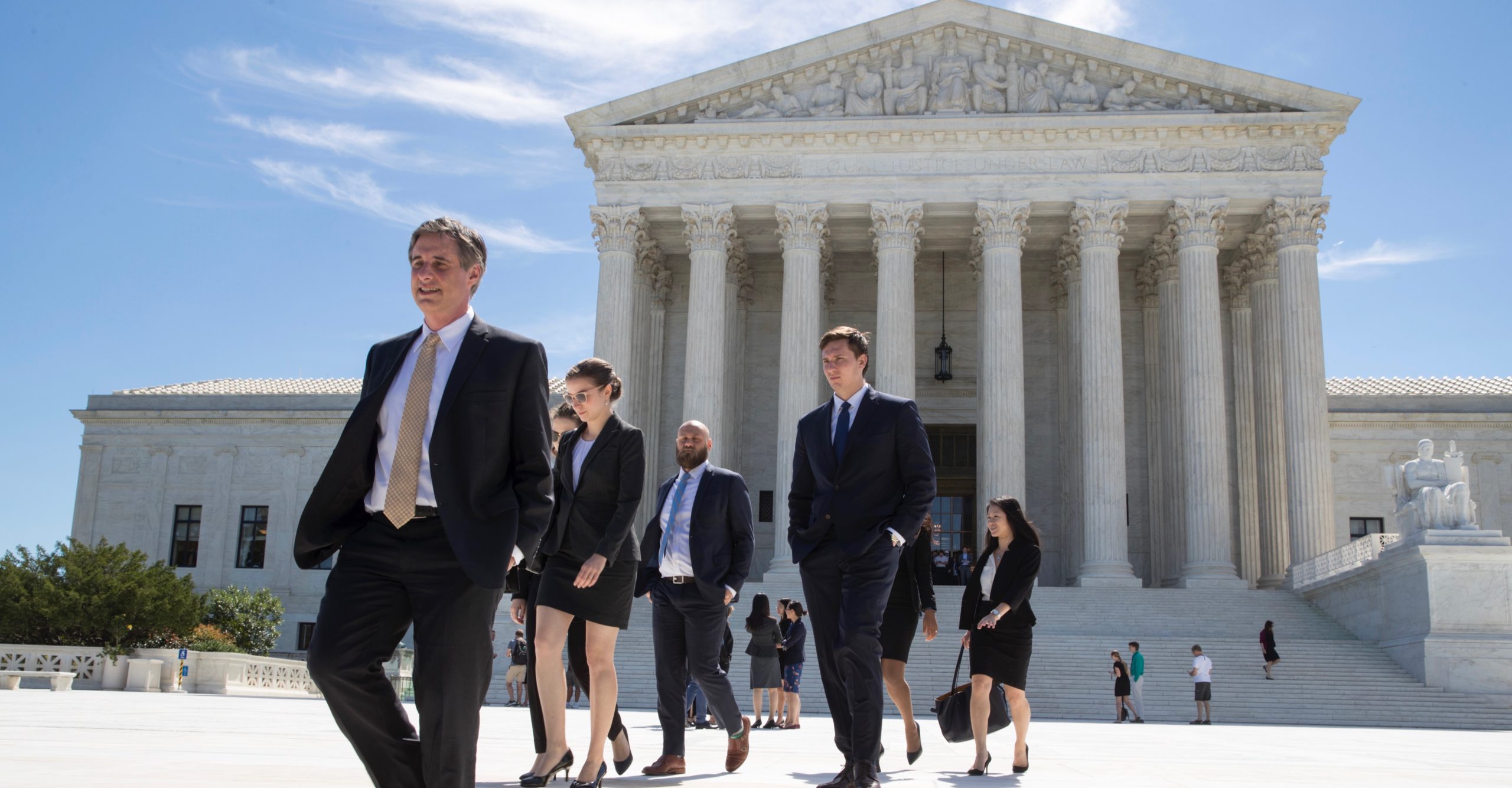The U.S. Supreme Court on Monday declined to take up a case challenging California’s tight restrictions on granting concealed carry licenses, meaning that municipalities and states will continue to enjoy broad discretion in determining who can carry guns in public, and where they can carry them.
The case, Peruta v. California, argues that the “good cause” requirement many California counties impose on residents applying for a license to carry a concealed weapon infringes on Second Amendment rights. The primary plaintiff, Edward Peruta, filed suit against San Diego County’s gun licensing laws in 2009, after a sheriff denied his application for a gun permit. In San Diego, an applicant must provide documentation that he or she faces a specific threat that “distinguishes the applicant from the mainstream.” Generic concern for self defense is not enough. California law also prohibits open carry in most situations, so Peruta argued that he was effectively banned from carrying a gun in public.
The Court’s refusal to hear Peruta is “a plausible indication that the court doesn’t have an appetite for a Second Amendment case right now,” says Joseph Blocher, a professor at Duke Law School.
Four justices must agree to hear a case, or grant certiorari. Justices Neil Gorsuch, whose tenure on the high court began in April, and Clarence Thomas were the only two in favor of doing so for Peruta.
In an eight-page-long dissent, Justice Thomas wrote that the Peruta case “raises important questions that this Court should address. The en banc court’s decision to limit its review to whether the Second Amendment protects the right to concealed carry — as opposed to the more general right to public carry — was untenable.
“Even if other Members of the Court do not agree that the Second Amendment likely protects a right to public carry, the time has come for the Court to answer this important question definitively,” Thomas wrote.
By refusing to hear Peruta, the court allows the decision reached by the Ninth Circuit Court of Appeals to stand. The lower court’s decision focused on only part of Peruta’s argument: It ruled “the Second Amendment does not preserve or protect a right of a member of the general public to carry concealed firearms in public.”
In his dissent, Thomas characterized the circuit court’s approach to the ruling as “indefensible.”
The Supreme Court may have another chance to address the core questions raised by Peruta. Matthew Grace and Pink Pistols v. District of Columbia, which is currently winding its way through lower courts, also raises questions about the constitutionality of public carry, Blocher says.
The justices on Monday also declined to hear another Second Amendment case, Binderup v. Sessions, in which two men with felony convictions argued that their particular circumstances do not merit being barred from gun ownership.
Coincidentally, Monday was the ninth anniversary of the landmark Heller v. District of Columbia ruling, which guaranteed the individual right to bear arms. But the facts of that case were about whether or not one may have a weapon in the home, which left the door open for further Second Amendment challenges.
The opinion in Heller was written by the late conservative Justice Antonin Scalia, who argued that the Second Amendment “surely elevates above all other interests the right of law-abiding, responsible citizens to use arms in defense of hearth and home” but also noted that, “like most rights, the right secured by the Second Amendment is not unlimited.”
Gorsuch replaced Scalia on the bench, preserving the balance of conservative- and liberal-leaning judges that existed prior to Scalia’s death. During his confirmation process, Gorsuch received the complete backing of the National Rifle Association, which spent $1 million on ads that targeted Democratic senators from red states to compel them to confirm him.

